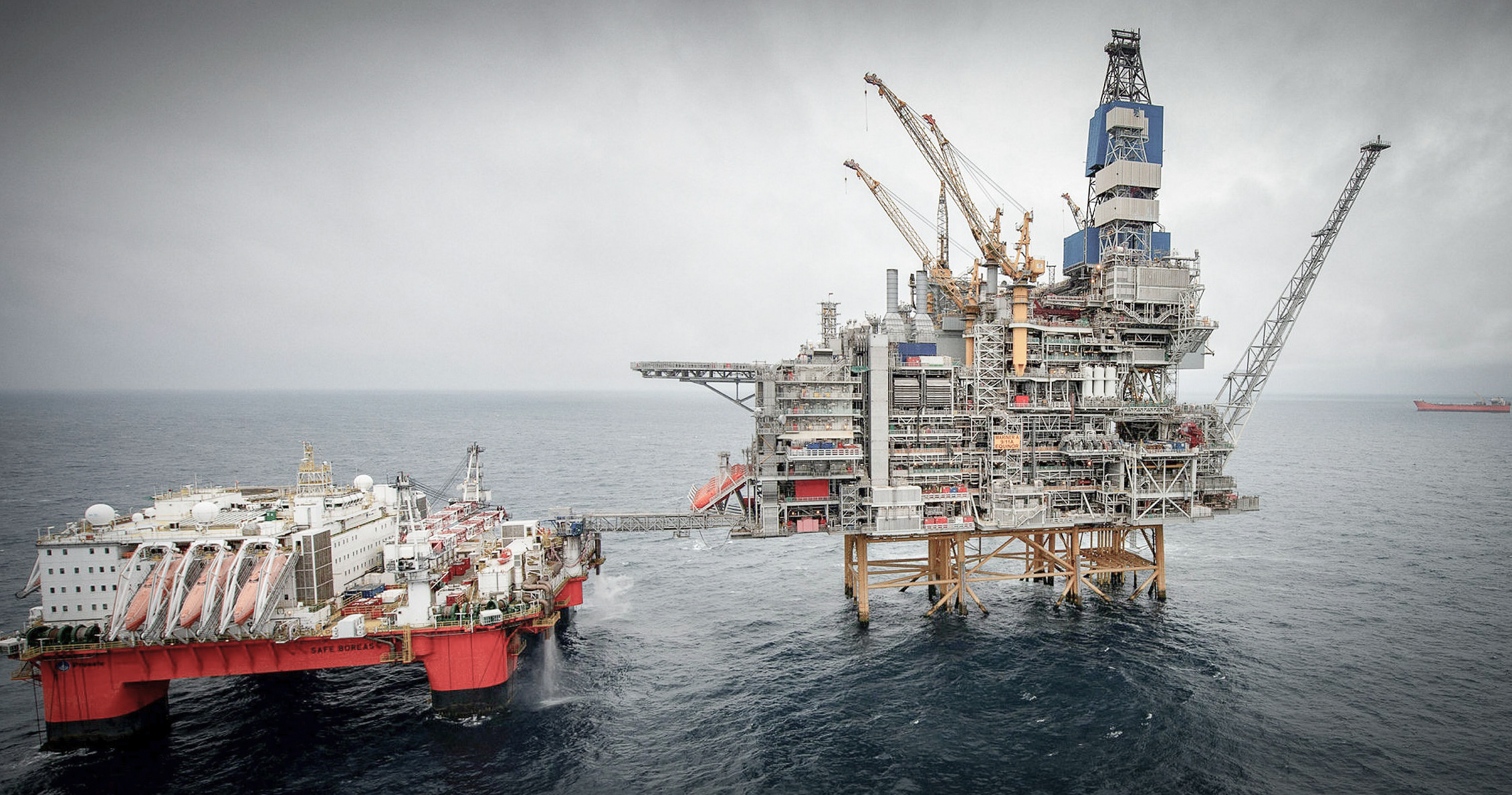Nick Butler
What is the price of the prospective marriage of convenience between the SNP and the Green Party? The Scottish Greens are no pushover and will want something substantial in return for their support. No Green Party member can want to see a repeat of the London based coalition between the Tories and the Liberal Democrats which gave David Cameron a majority but destroyed public trust in Nick Clegg. History suggests that junior partners tend to lose out from such deals.
The Green Party’s co leader Lorna Slater stresses that cooperation will not amount to a coalition. The engagement will therefore be based on trading policies. For the Greens the obvious prize would be an accelerated rundown of all activity in the North Sea ending exploration, development and production of oil and gas. The Green Party’s leaders would look opportunist if they supported the SNP Government without demanding progress on something they themselves have defined as essential.
Abandoning the North Sea might secure the SNP’s majority but it would also have serious consequences in the real world away from Holyrood. Even after the consolidation and cost cutting of the last decade the industry still provides tens of thousands of jobs offshore and onshore, directly and indirectly. Whole communities still depend on the industry’s survival.
From the consumers perspective the abandonment of the North Sea would be easier if there were readily available low cost alternatives to oil and gas. More electricity is being produced each year from wind and other renewable sources. But electricity accounts for less than a quarter of total energy consumption. Electric vehicle numbers are growing but still account for only a tiny fraction of the total number of cars on the road. For freight lorries and other heavy vehicles there is still no readily available low cost alternative to oil. Shutting down the North Sea cuts off supply but does nothing to change the level of demand.
That means that if North Sea production ended Scottish drivers would be dependent on imports from OPEC and other oil exporters. The only real beneficiaries would be the princes of Saudi Arabia and others whose authoritarian regimes are funded by oil revenue.
The transition to a low carbon economy is not a simple or easy process. Changes in the way energy is produced and consumed require long term investment in technology and infrastructure. Some progress has been made but there is much more to do, and the transformation required now will not be easy. The process of change requires a broad consensus around measures which do not cause sudden large scale job losses or undermine security of supply.
The transition also needs an awareness of the global nature of the challenge. In contrast to the SNP, climate change takes no notice of national borders. Scotland accounts for less than 0.2 per cent of global emissions, the UK as a whole just 1.5 per cent. A clean Scotland in a dirty world would be a meaningless achievement. If Britain is to make a difference to the challenge of eliminating the risks of climate change we should all be working together to find the low cost low carbon solutions which can help countries such as India which are the frontier of the issue to develop their economies and pull people out of poverty without relying on coal.
As the pandemic is showing us, global challenges need practical global responses. Many people across the UK are working to deliver those responses. Scotland should join them.
Nick Butler is a Visiting Professor at King’s College London and the founding Chairman of the Kings Policy Institute. He chairs Promus Associates, The Sure Chill Company and Ridgeway Information Ltd. From 2007 to 2009 he was Chairman of the Cambridge Centre for Energy Studies. He was a special adviser to the former British prime minister Gordon Brown from 2009 to 2010. He served as a non executive Director of Cambridge Econometrics from 2010 to 2018. He was appointed in 2018 to the expert panel of advisers for The Faraday Institution, which works on the development of batteries and energy storage. Having served as a Member of the Strategic Advisory Council of the Norwegian state company Equinor (formerly Statoil) he is currently editor of the Energy Agenda for the Norwegian based energy organisation ONS.





